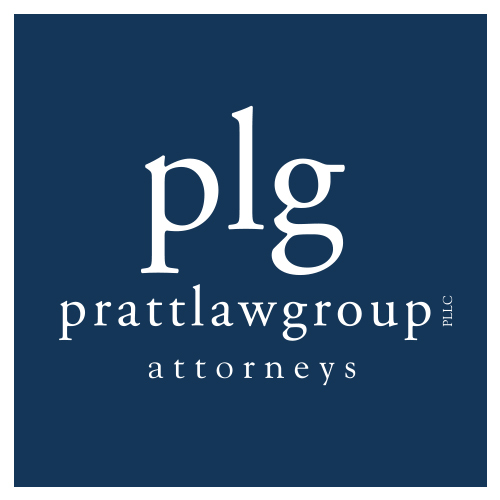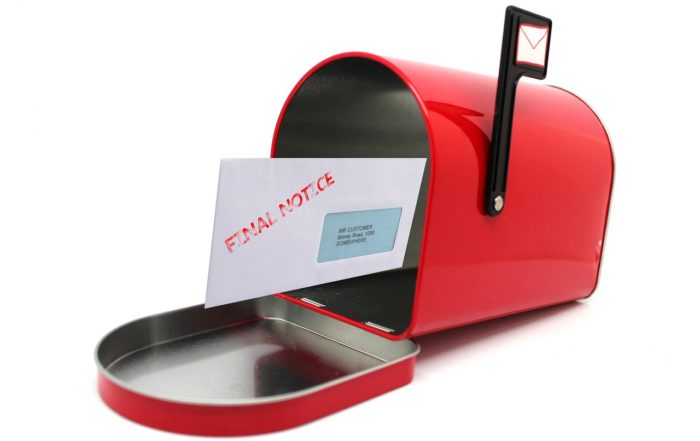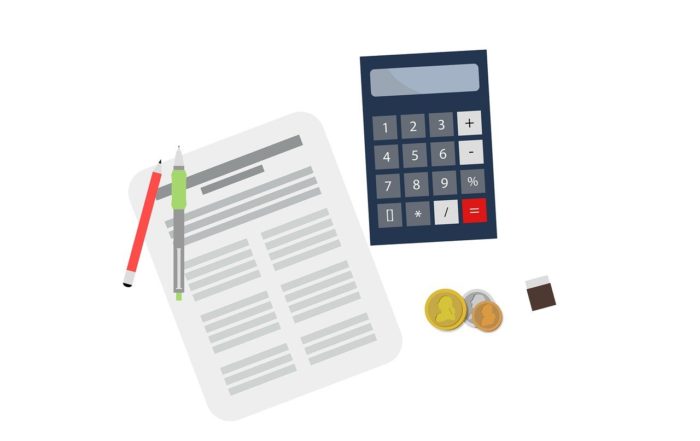The unpredictable can occur at any time: fires, hurricanes, floods, earthquakes, pandemics—you name it. Because September is National Disaster Preparedness Month, we want you to be prepared for whatever life throws at you. Although none of us can predict the future, there are some things you can do to ensure that you and your family are ready. Here are a few questions to consider to help protect the people and possessions you value most.
- Are your documents secure? When trouble occurs, your documents must be ready. It is therefore critical that your important legal documents be kept secure in a weatherproof safe or container. Likewise, documents regarding property ownership and identity should be stored away from exposure to dangerous elements such as fire, floods, and wind. When the dust settles, you will need your important paperwork and legal documents to help get you through difficult times.
- Are your documents up to date? Consider whether your estate planning documents reflect your reality. One unfortunate but common mistake is the failure to keep important documents current. People often forget to periodically review and update their documents after receiving them. As a result, outdated estate planning documents frequently cause confusion because they describe a situation that is no longer applicable.
- Do people know where to find your documents? As you try to prepare for the unpredictable, making your important documents accessible is crucial. Having plans in place are of little value if no one can find them. There are a number of ways you can provide accessibility without significantly impacting security. A simple option is to keep the original documents in your home in a location you have disclosed to another family member, and keep a copy of the documents at a location other than your home in case your home is inaccessible. You can also utilize technology to help provide accessibility by having digital copies available to you regardless of where you may be.
- Is your insurance adequate and current? Insurance is a tool that must be monitored and maintained as your family and wealth change. In preparing for the unexpected, review your insurance policy to make sure it adequately covers you, your family, and your possessions in the event of a crisis. If you have previously witnessed natural disasters or emergencies, these experiences can provide valuable insight to help you ensure that your policies will protect you against the recurrence of these events. For example, for those who live in regions like Texas and Louisiana that have been negatively impacted by recent hurricanes and flooding, now may be the time to better understand, update, or upgrade their flood insurance.
- Should you have a rider on your existing insurance policy? You may not be familiar with insurance riders, but incorporating riders allows you to customize and maximize your protection. Insurance riders provide additional flexibility and features to your current insurance policy with options that provide various levels of value depending upon your lifestyle and needs. For example, many policies offer a “waiver of premium” rider that creates a mechanism for continued payment of insurance premiums in the event you become disabled and are no longer able to make the payments. This means that your insurance coverage will not lapse due to your disability. There are other insurance riders, like the accidental death rider that applies if you die as a result of an accident. Most deaths and unpredictable events do not fall under the category of an accident, however, thus rendering this particular rider unprofitable in most instances. Either way, exploring the available rider options can ensure that you have customized a plan into something that works for you and your unique situation.
Disasters and emergencies are inevitable. We can plan for any number of potential events, but we cannot always predict when or how they will impact us. By proactively asking yourself these questions, you will be better positioned to remain calm and focused in the midst of a crisis.
When reviewing these questions remember that you are not alone. Our firm is ready to assist you and can work with your trusted advisors to ensure that your important documents are up to date and best reflect your needs and wants. Give us a call today at (972) 712-1515. We can schedule an appointment to discuss ways that we can help support you and your family to protect the people, possessions, and values that mean the most to you.
DISCLAIMER: This website/blog is made available by our attorneys, staff, and law firm for educational purposes only as well as to give you a general understanding of the law and to share general information about our firm, people, and practice areas, not to provide specific legal advice. By visiting this website/blog you understand that there is no attorney-client relationship between you and the Pratt Law Group attorneys and website publisher. No statement on this website/blog should be interpreted or relied upon as legal advice. The website/blog should not be used as a substitute for competent legal advice from a licensed professional attorney in your state. Writing to us through this website does not create an attorney-client relationship. Please do not provide any confidential or privileged information in any writing to us through our website. Please read our privacy policy for more about how your information will be used.
Why Singles Should Worry about Estate Planning
Why Singles Should Worry about Estate Plannings -What To Know Several Reasons Single People Still Need To Be Concerned With Estate Planning When you’re putting together an estate plan, you often choose your spouse ...
Warning: Don’t Let Creditors Inherit from You or Your Spouse
Don't Let Creditors Steal From Your Loved Ones - What To Know How To Ensure Your Spouse Receives Your Retirement Accounts and Not Creditors In most cases, spouses will inherit any of your ...
Can a Beneficiary Also Be a Trustee of a Trust?
Can a Beneficiary Also Be a Trustee of a Trust? -What To Know Many people, creating a revocable living trust, designate their children as the beneficiaries. But, they need to choose a person ...






